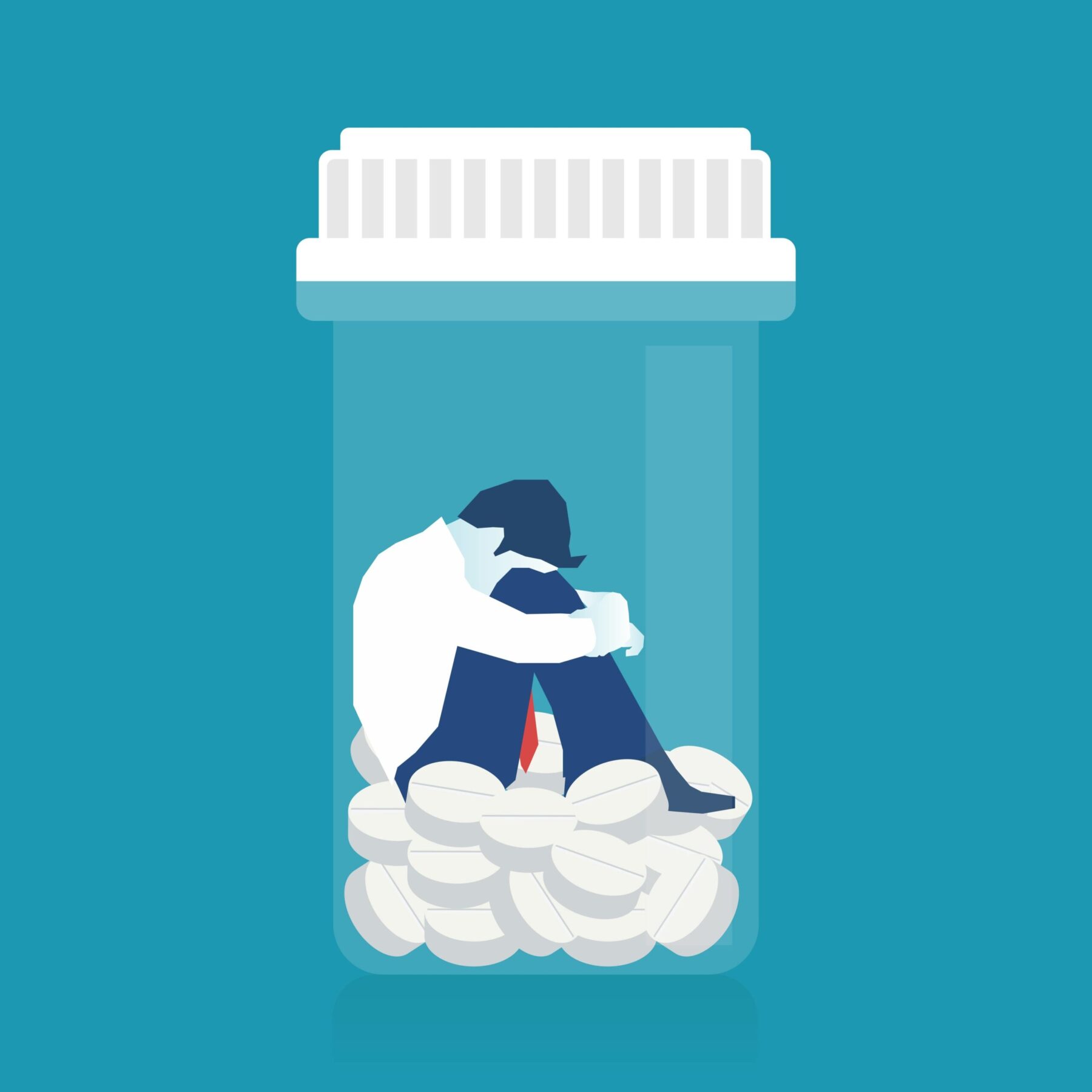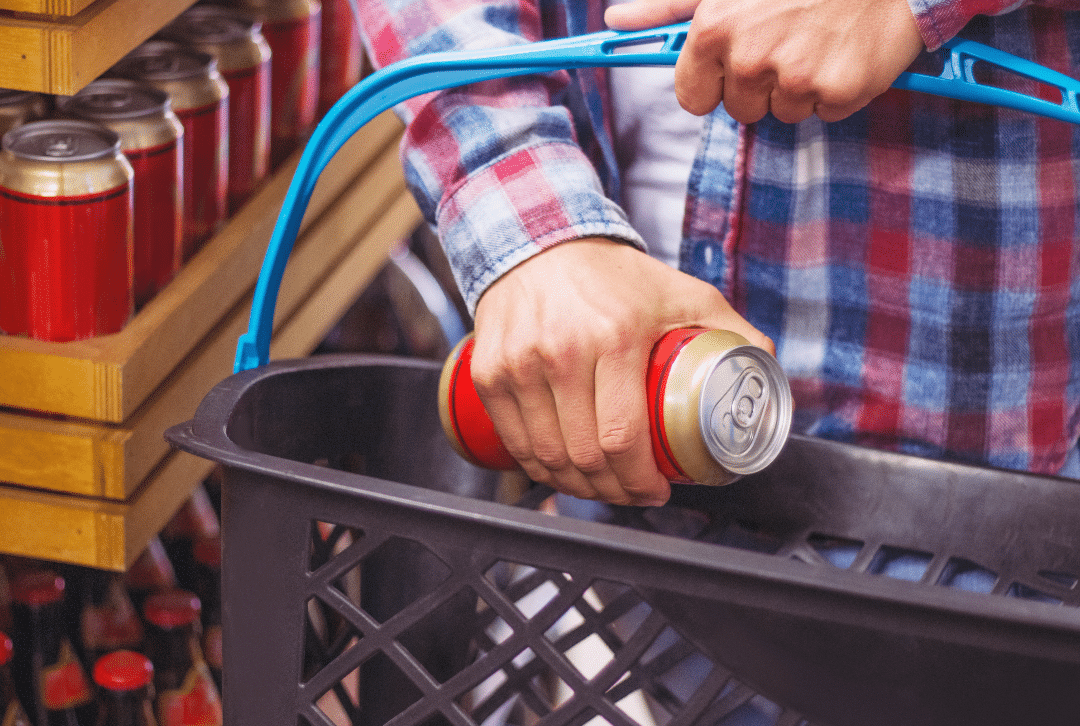Taking certain substances together can potentially be extremely dangerous, especially for individuals with preexisting health problems and substance abuse issues. While some medications can be taken in combination with others without causing negative side effects, others aren’t meant to interact under any circumstances.
One medicine that requires users to be extremely careful is Suboxone. While Suboxone is designed to save someone’s life by decreasing withdrawal effects from other drugs, it can be dangerous when combined with certain substances. If you or a loved one has a Suboxone prescription, it is vital to know which drugs you can and cannot mix with this substance.
What is Suboxone?

Suboxone is commonly used in opioid addiction treatment to reduce withdrawal symptoms & drug cravings in people with substance abuse issues. This medication is designed for individuals who are on the edge of an overdose and need to come down without severe or dangerous symptoms attached. Suboxone should be taken once a day and paired with other addiction treatments such as counseling and education.
It combines two main types of medicine: buprenorphine and naloxone. Buprenorphine is an opioid medication that has an effect on opioid reactors, but doesn’t have a strong impact like oxycodone or morphine. Naloxone, on the other hand, is a drug that combats opioids to block the effects that may lead to abuse. Once they are combined, buprenorphine and naloxone bond together to trick the brain into thinking the individual took a hard opioid such as heroin or oxycodone. This makes a person feel less intense withdrawal symptoms.
Side Effects of Suboxone
When Suboxone is in the system, it has a 40-60% chance of changing the person’s thinking and behavior toward their previous drug of choice. It should even block effects of other opioids for about 24 hours — so if someone tries to use in that time frame, they won’t feel an effect.
Even though Suboxone prevents negative withdrawal effects, it can come with some uncomfortable side effects like chills, cough, feeling faint or lightheaded, fever, flushing, headache, back pain, and sweating However, these symptoms are mild compared to what may come from withdrawal or what could happen if Suboxone interacts with specific other drugs.
Suboxone Interactions to Avoid
Alcohol
Benzodiazepines (Benzos)
Cocaine
Using Suboxone Carefully
Even though Suboxone comes with its risks, it can be very beneficial if used responsibly. This medication should be prescribed by a medical professional and may be available at pharmacies or rehabilitation facilities in the case of emergencies. Its purpose is to help people achieve a healthy and sober lifestyle. Therefore, Suboxone should not be combined with drugs that may interfere with that goal.
To learn more about what Suboxone is and how to use it responsibly, contact our team of substance abuse treatment professionals by calling 267.209.7313.



